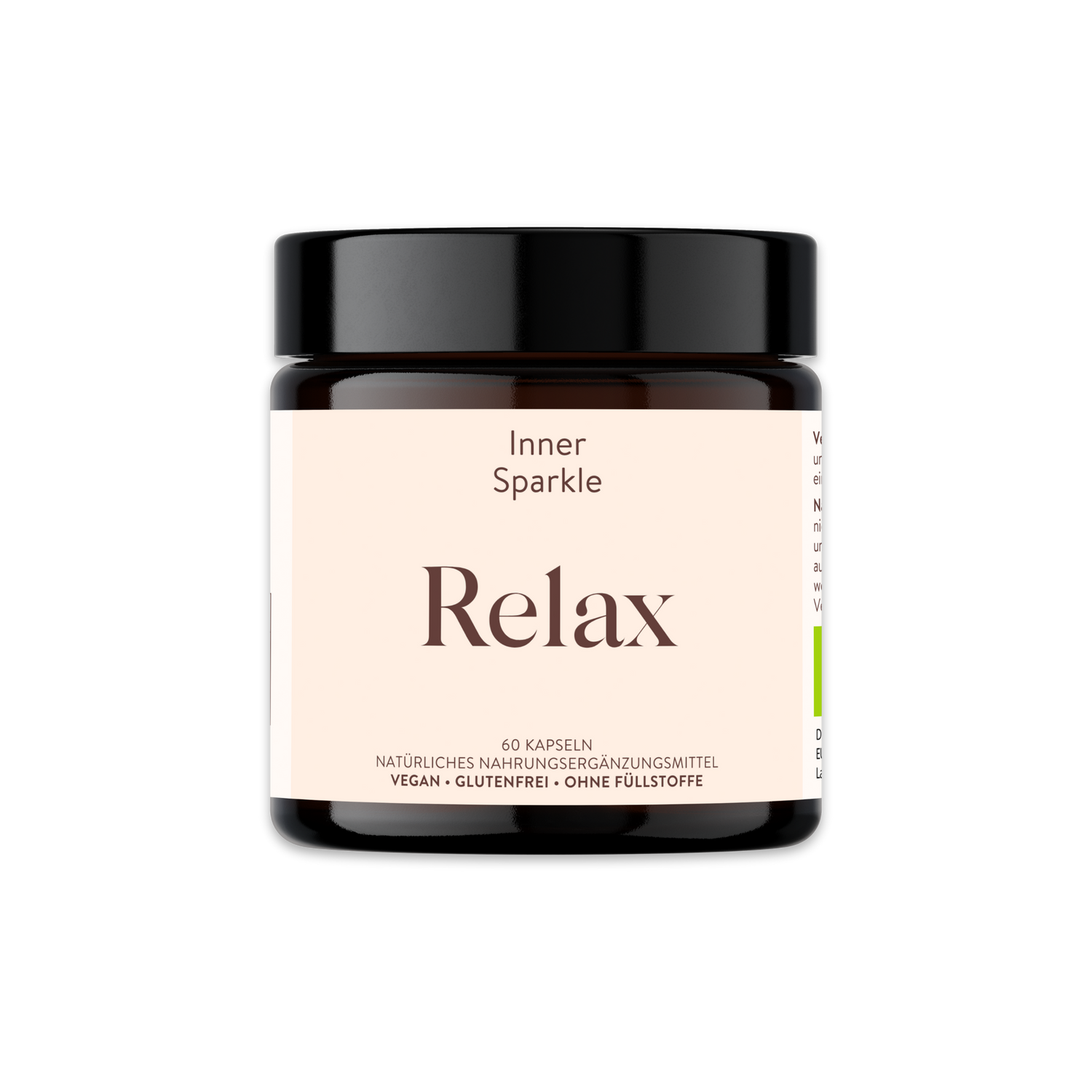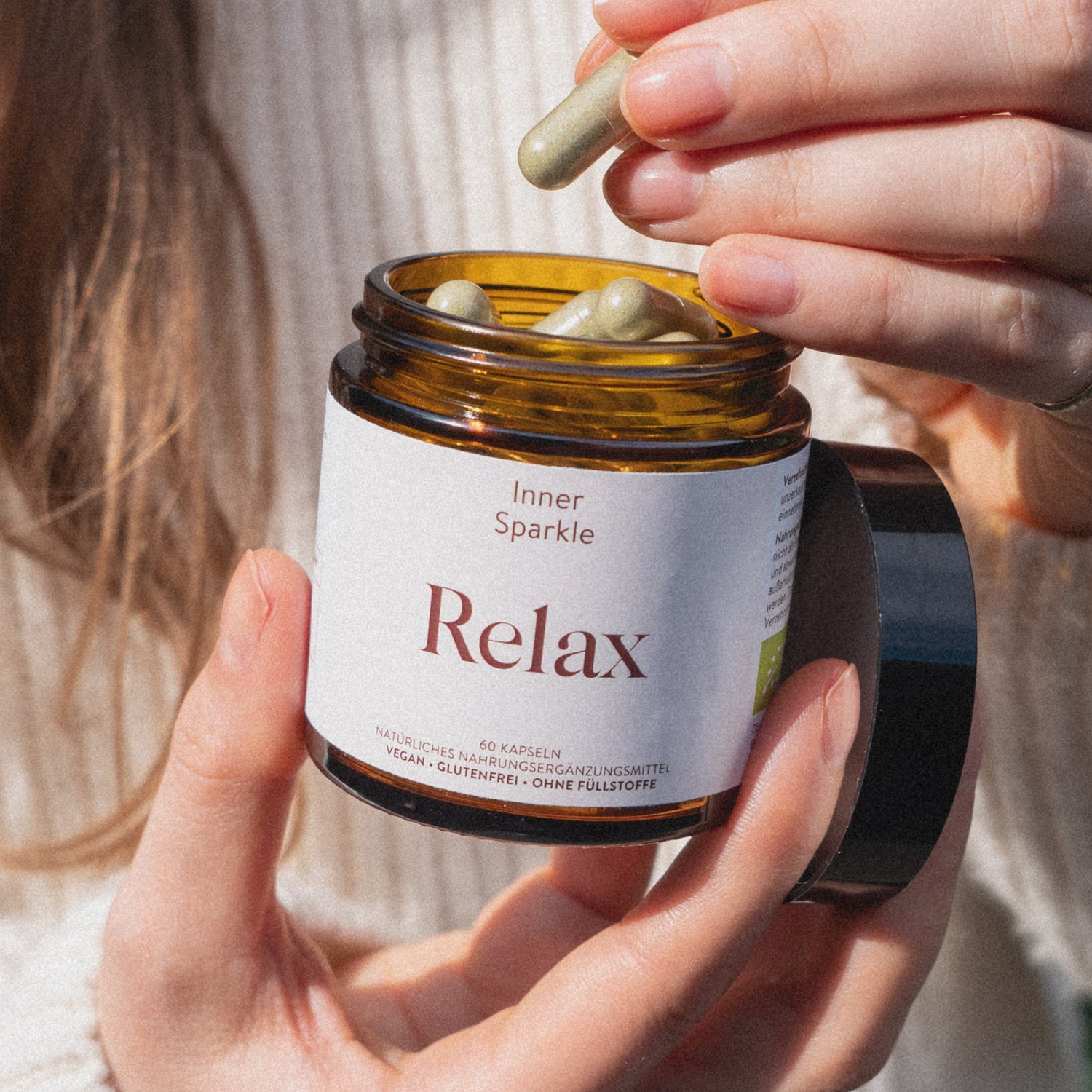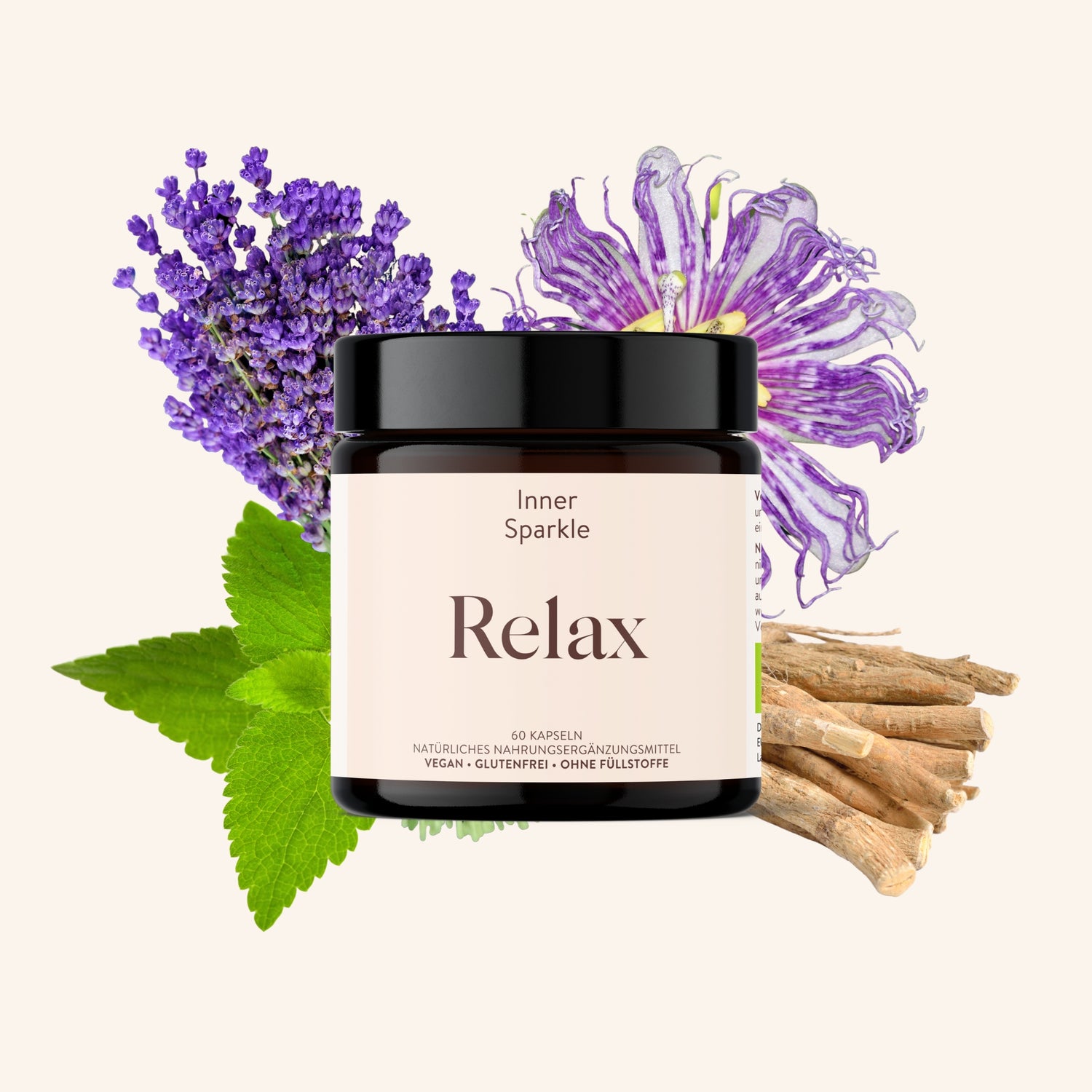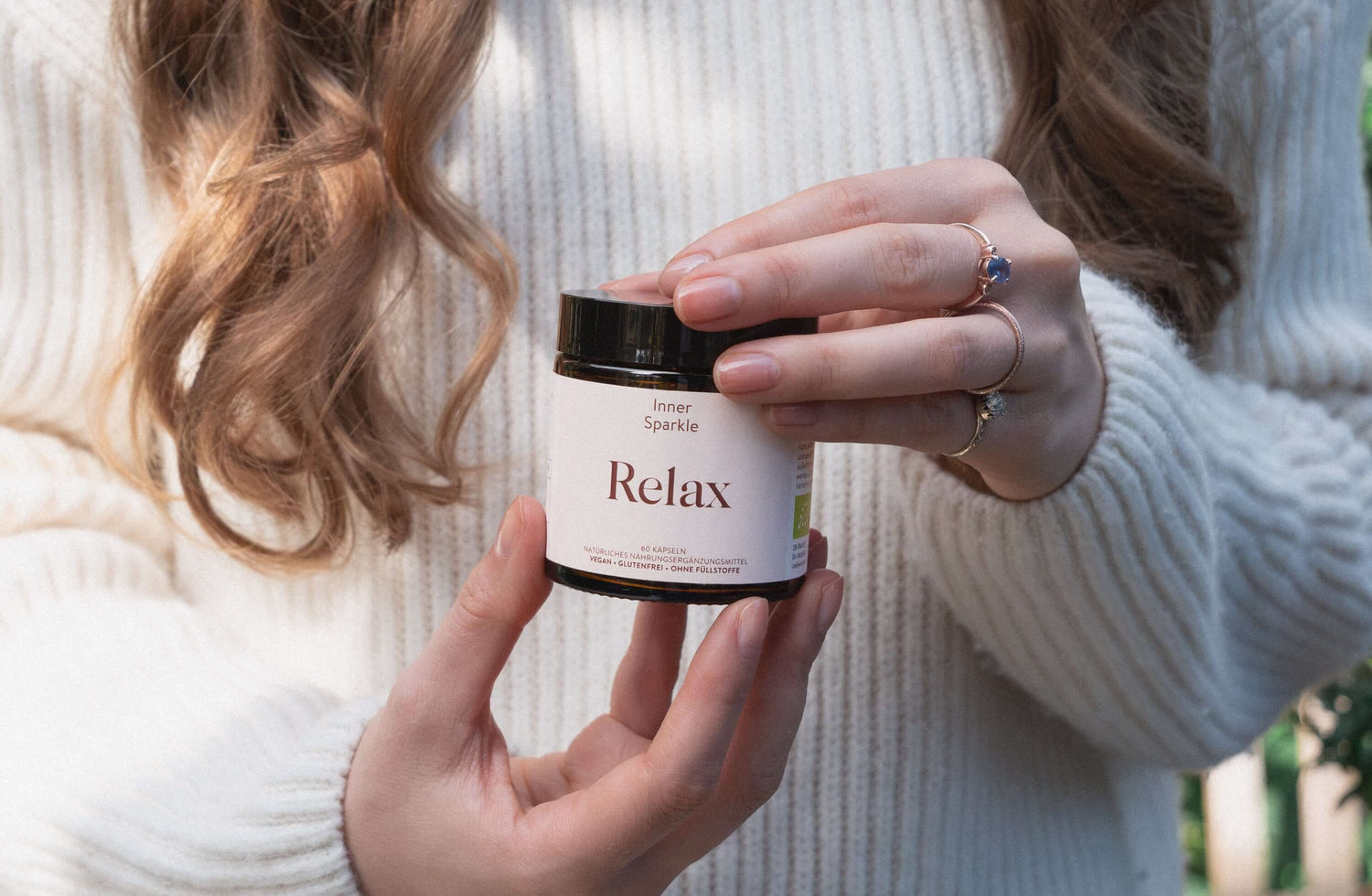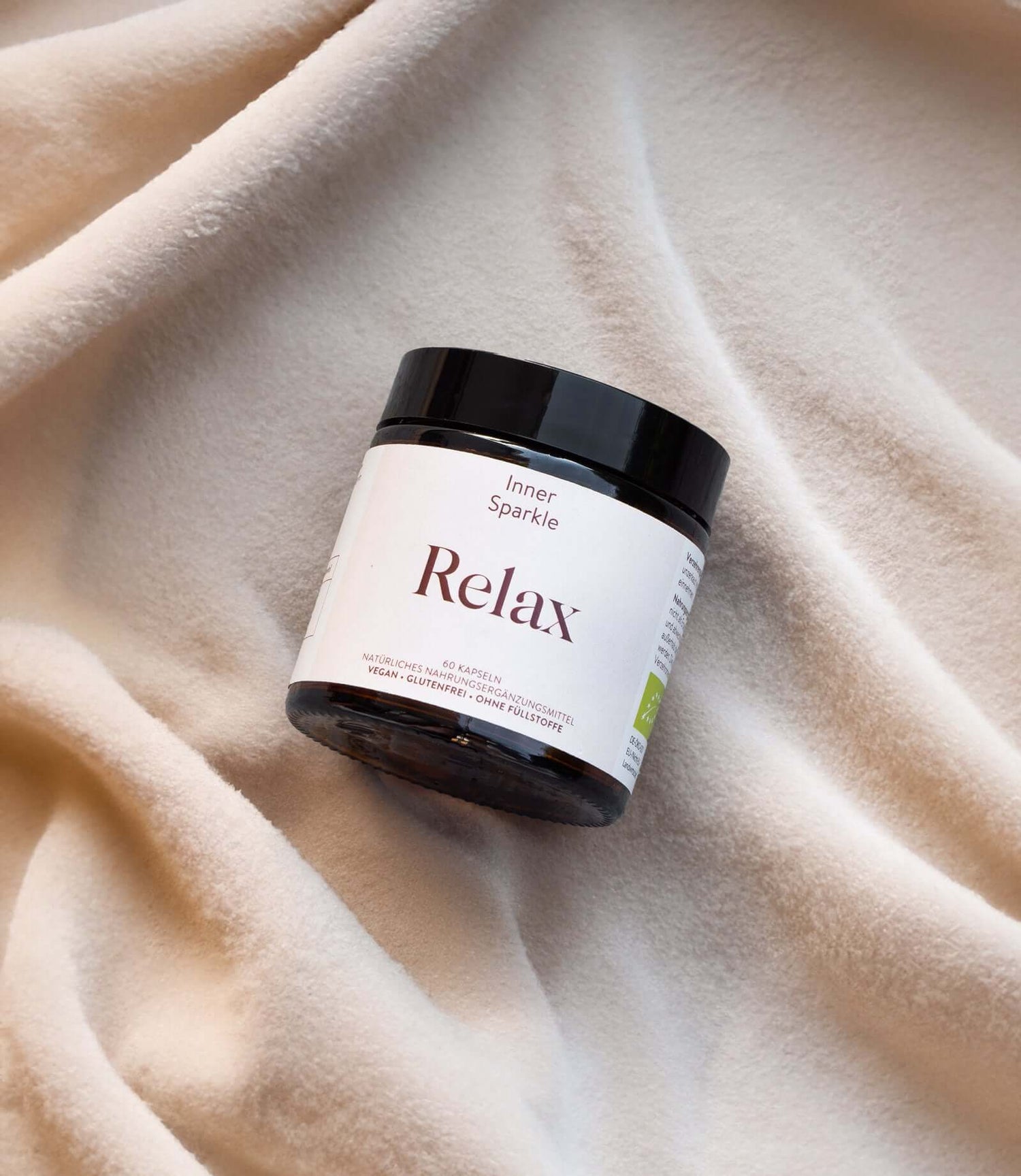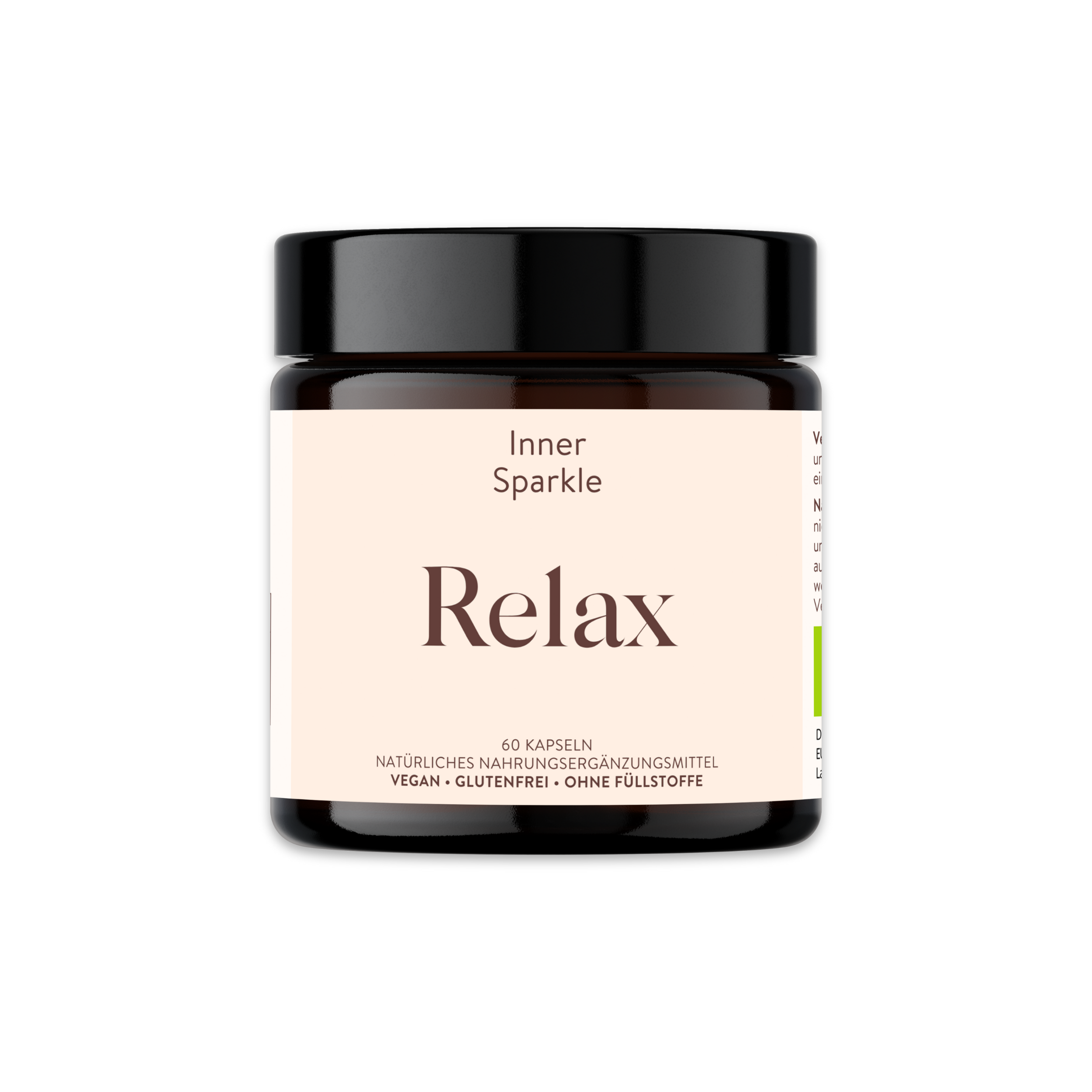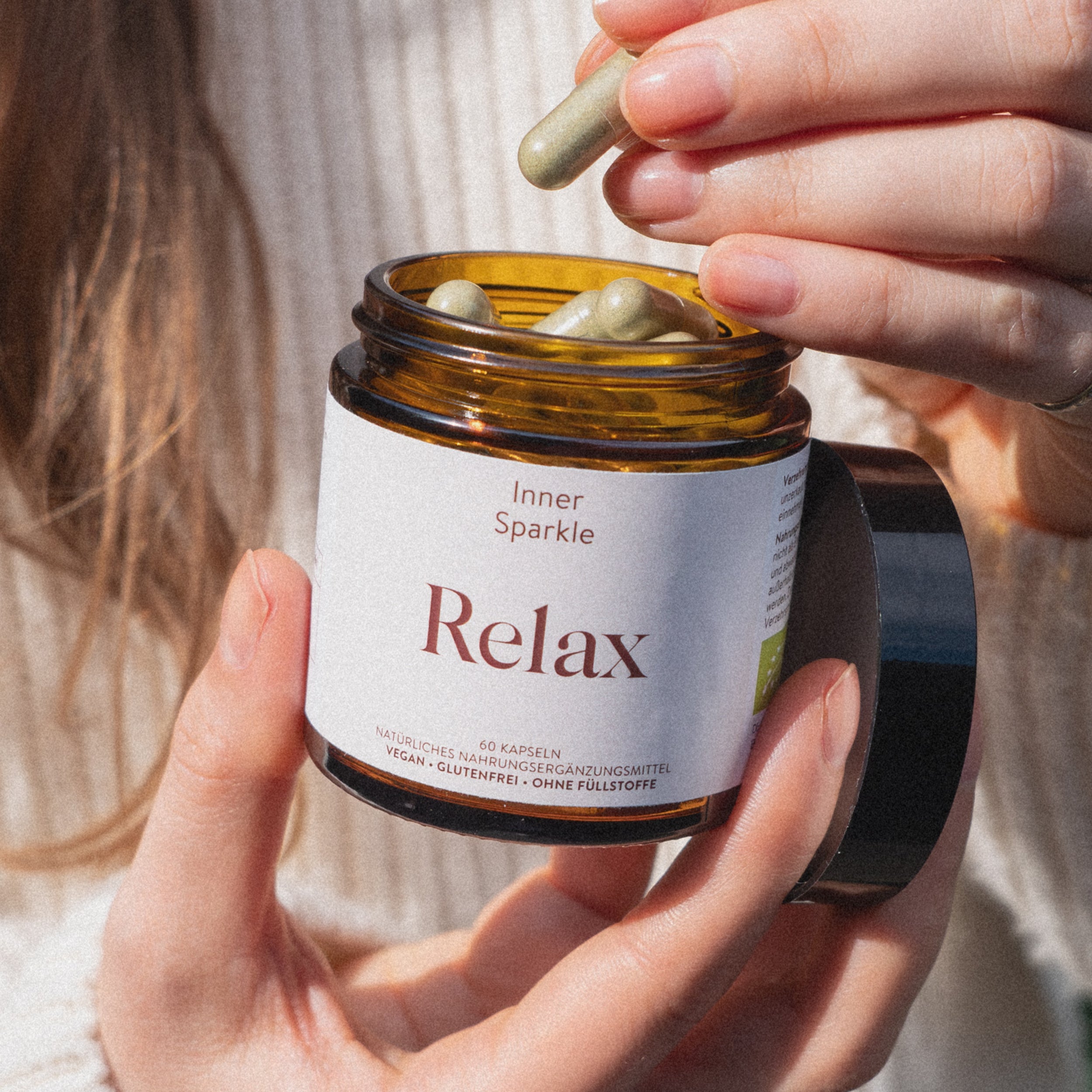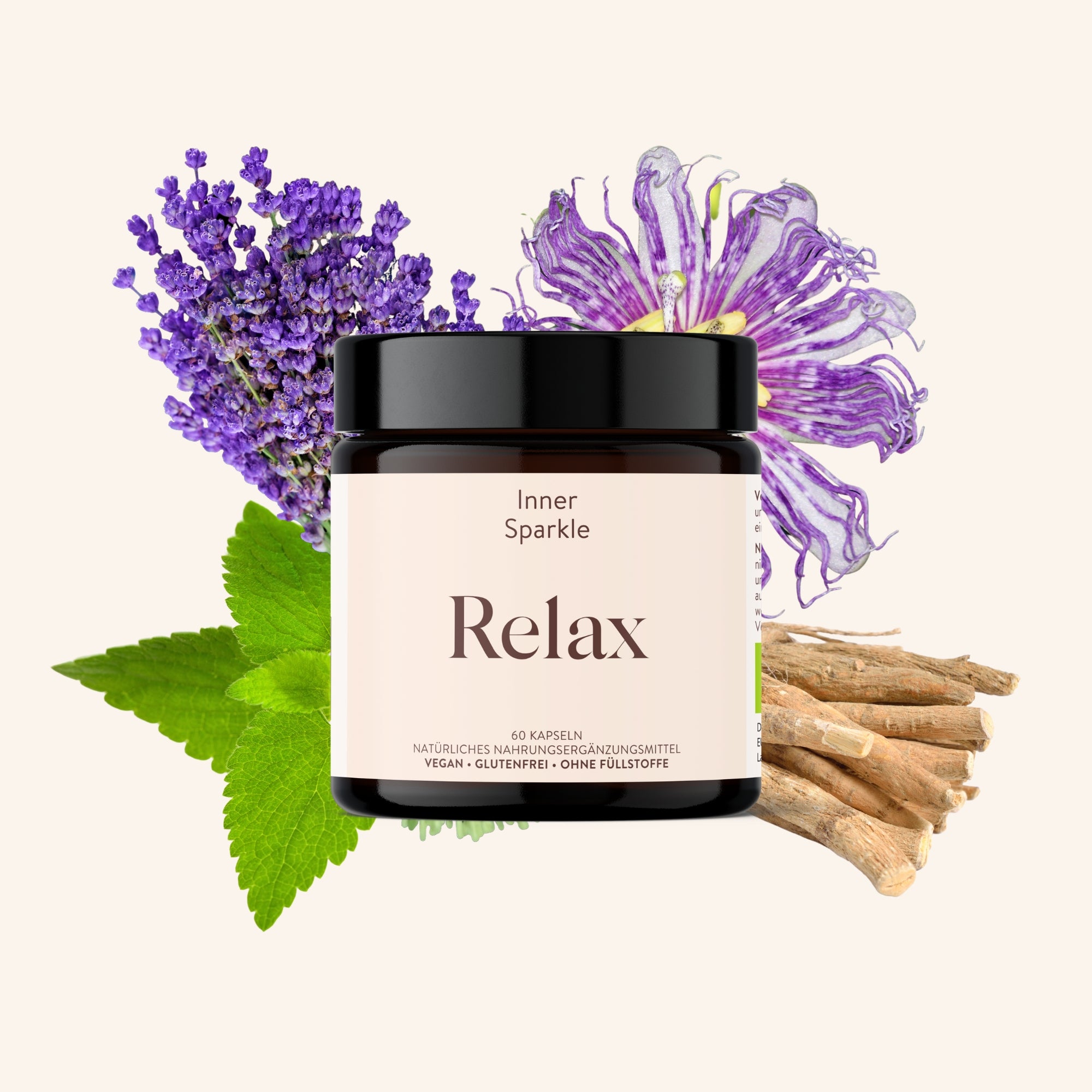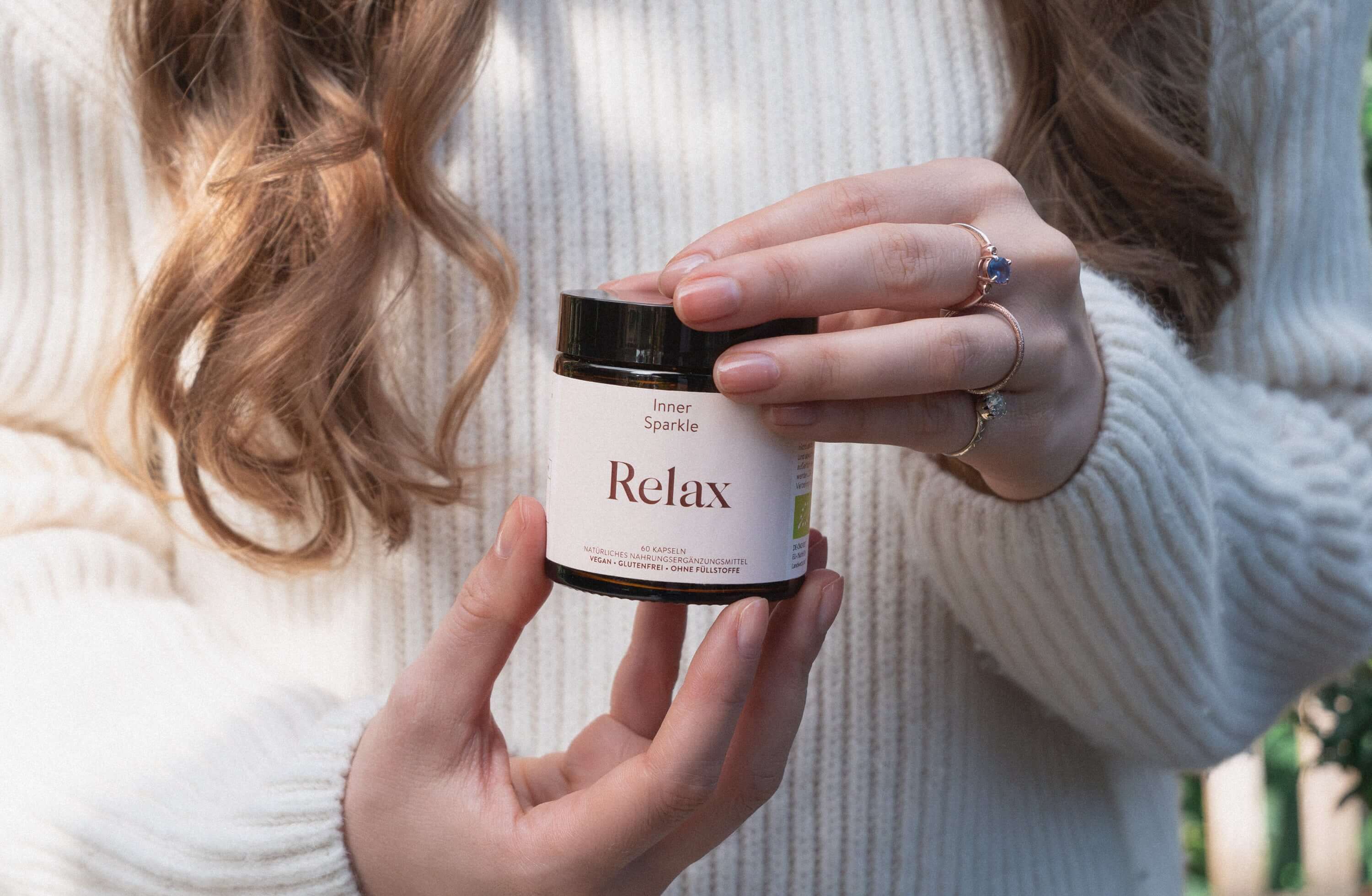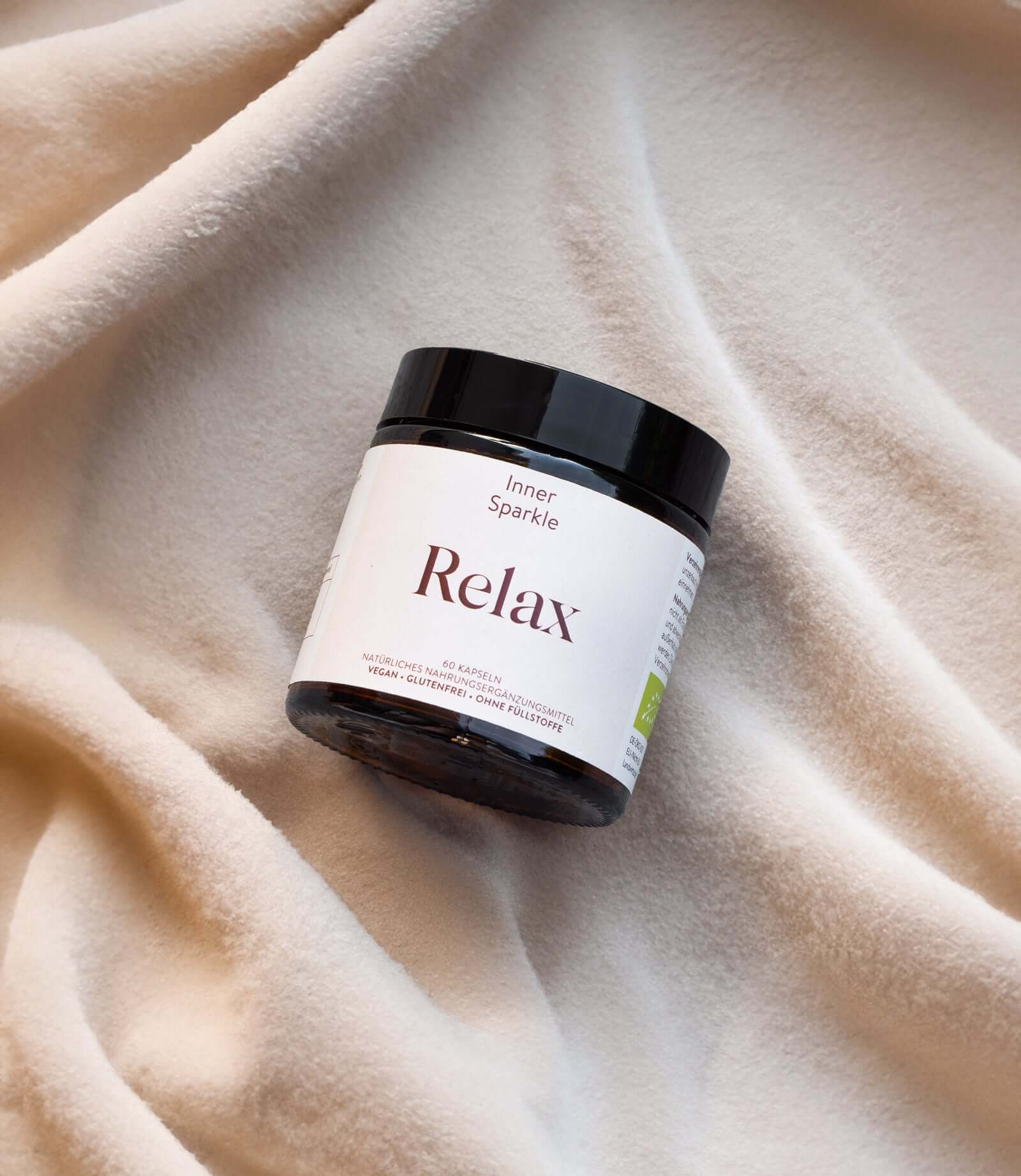We live in a world where stress seems almost impossible to avoid. While a certain amount of tension can be beneficial for a short period of time and can help you perform at your best, if it's chronic, it can be associated with illness and discomfort.
In this article, you'll learn how to reduce stress. We'll also give you some helpful stress-busting tips.

What is stress anyway?
Stress is the body's physiological and psychological response to pressures, challenges, or demands that are perceived as threatening or challenging. It is a complex response that affects both the mind and the body.
In general, stress is defined as an imbalance between the demands a person faces and their ability to cope with those demands. This imbalance can arise from various sources, such as job pressures, personal relationships, financial worries, health problems, or other life situations.
The two forms of stress
There are different types of stress, including acute stress (short-term and short-lived), episodic acute stress (repeated acute stress), chronic stress (long-lasting and persistent), and traumatic stress (triggered by extreme events). Stress can manifest itself both psychologically (e.g., anxiety, irritability, sleep disturbances) and physically (e.g., increased heart rate, muscle tension, headaches, and gastrointestinal problems). It is important to recognize and understand stress and develop healthy coping strategies to minimize negative health effects.
The causes of stress
The causes of stress can be diverse and individual, as stress is experienced individually. What is stressful for one person may not be stressful for another.
The causes differ between external and internal causes. External stressors can include, for example, work-related stress, relationship problems, financial problems, or everyday factors. Internal causes can include, for example, negative thought patterns, health problems, and life changes.
The type and intensity of stress depends on individual perception, coping strategies, and life situation. A healthy level of stress is normal, but chronic or excessive stress can have negative effects on physical and mental health. It is crucial to develop effective coping strategies to deal with stressful situations.

Reduce stress – 3 tips for stress reduction
1. Meditation & Mindfulness
Meditation can contribute significantly to reducing stress and integrating more relaxation into everyday life. When we meditate, we enter a state of deep relaxation known as the "relaxation response." In this state, the body experiences a reverse reaction compared to the stress response, leading to the release of tension and stress hormones. In particular, cortisol levels, the main stress hormone, are lowered, helping the body switch off from chronic stress.
By focusing on the breath or a mantra during meditation, we calm our minds. This helps slow the flow of thoughts and release mental tension. At the same time, meditation promotes mindfulness, the conscious attention to the present moment. This allows us to observe thoughts and emotions without being overwhelmed by them. This helps us gain a better understanding of our reactions to stressors.
Even 10 minutes a day can make a difference. It's important to do it regularly to see positive effects.
2. Movement
During physical activity, the body releases endorphins, natural chemicals that reduce pain and increase a sense of well-being. This endorphin rush creates a feeling of euphoria and relaxation, which significantly contributes to stress reduction. In addition, exercise helps lower cortisol levels in the body. This effect contributes to the regulation of stress levels and improves the body's response to stressful situations. Another positive aspect is the improved quality of sleep, which is promoted by regular exercise. Good sleep is essential for managing stress, as it allows the body to regenerate and recover.
It doesn't always have to be an hour of intense exercise at the gym. Even a short walk or a 20-minute home workout can make a difference.
3. Herbs & Adaptogens
These herbs are considered natural approaches to stress reduction and have shown great effects in traditional medicine as well as in current studies.
Ashwagandha : Ashwagandha, also known as "Indian ginseng or Indian ginseng," is an adaptogen that helps influence the body's stress response. It helps the body adapt to stress and increases resilience. Ashwagandha is said to have a calming effect and improve general well-being (1). Ashwagandha is also often used in Ayurveda to support healthy sleep.
Passionflower : Known in herbal medicine for its calming properties, passionflower is often used to relieve stress, anxiety, and sleep disturbances. It can have a calming effect on the nervous system, relaxing the mind and helping to reduce stress without causing drowsiness.
Lavender : Lavender is known for its pleasant scent and calming effects. Simply smelling lavender oil or a fresh lavender plant can be calming and relaxing, helping to reduce stress and promote a peaceful mind. Lavender can also help relieve sleep problems.
Lemon balm : Lemon balm has calming and relaxing properties that can help reduce stress and improve mood. It can promote the production of GABA, a neurotransmitter that has a calming effect on the nervous system. Lemon balm is often used to relieve anxiety and sleep disorders.
All of these herbs are also contained in our "Relax" capsules. The combination of ashwagandha, passionflower, lavender, and lemon balm is a great support during challenging and stressful times.
1: https://pubmed.ncbi.nlm.nih.gov/31517876/


